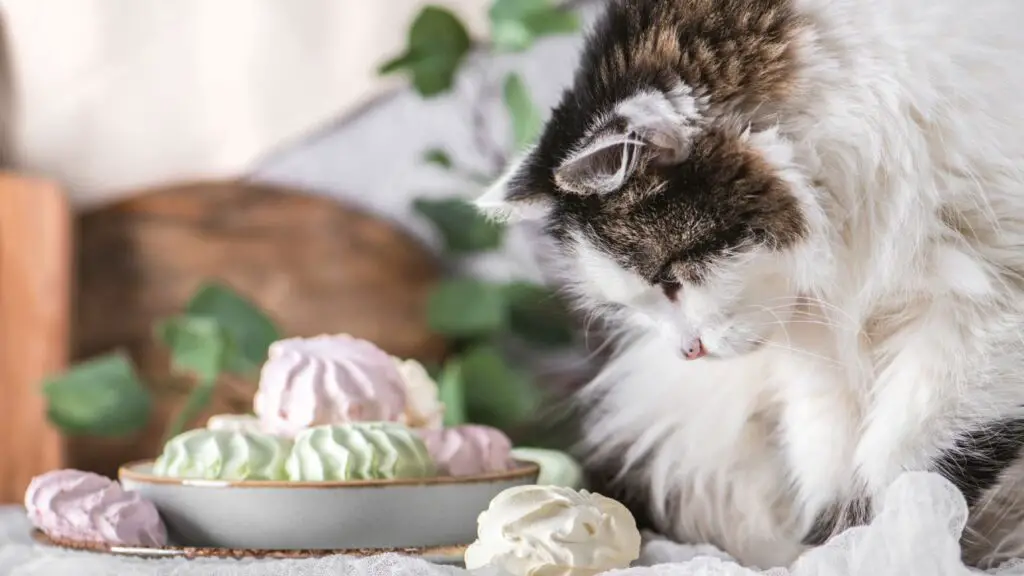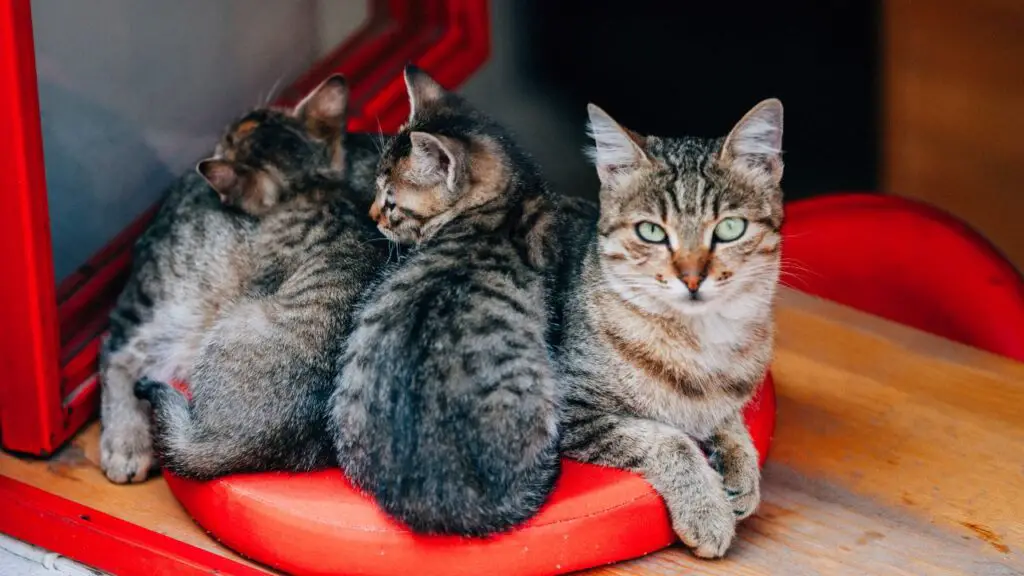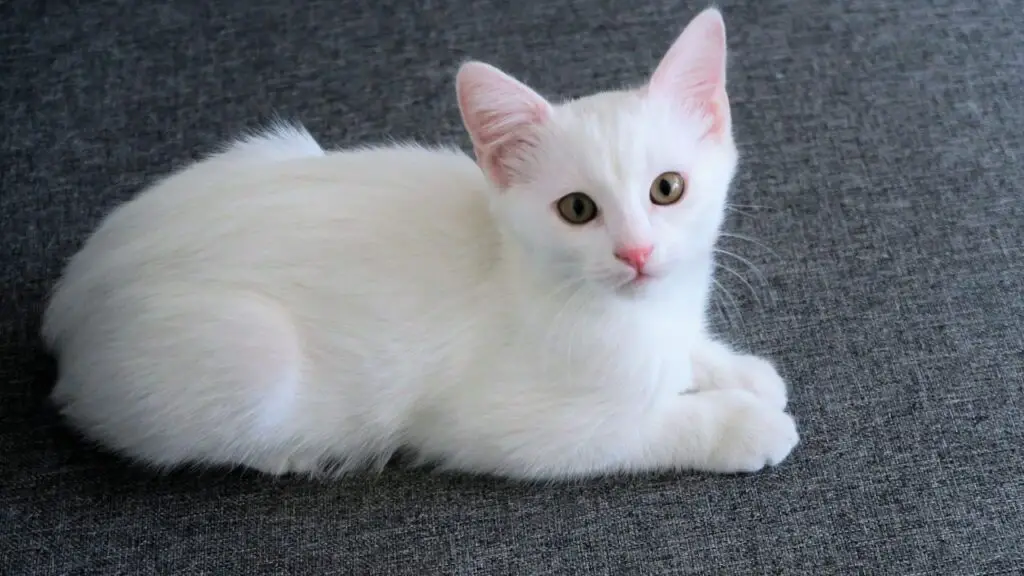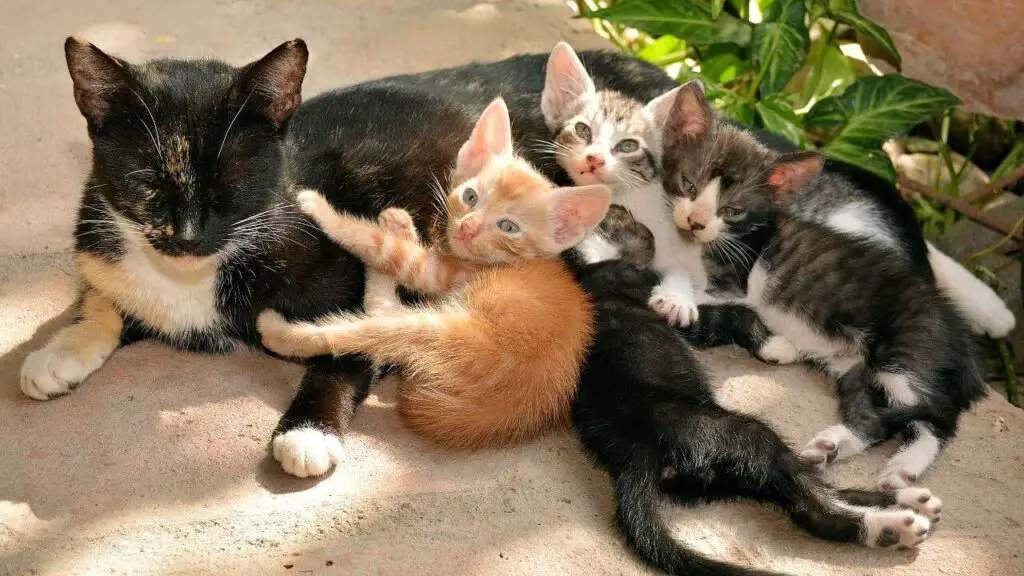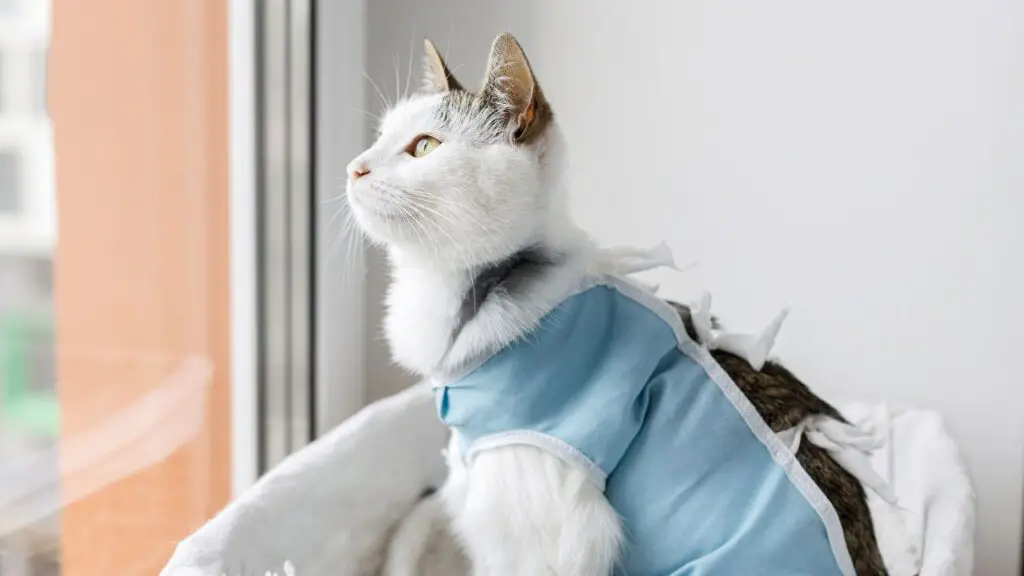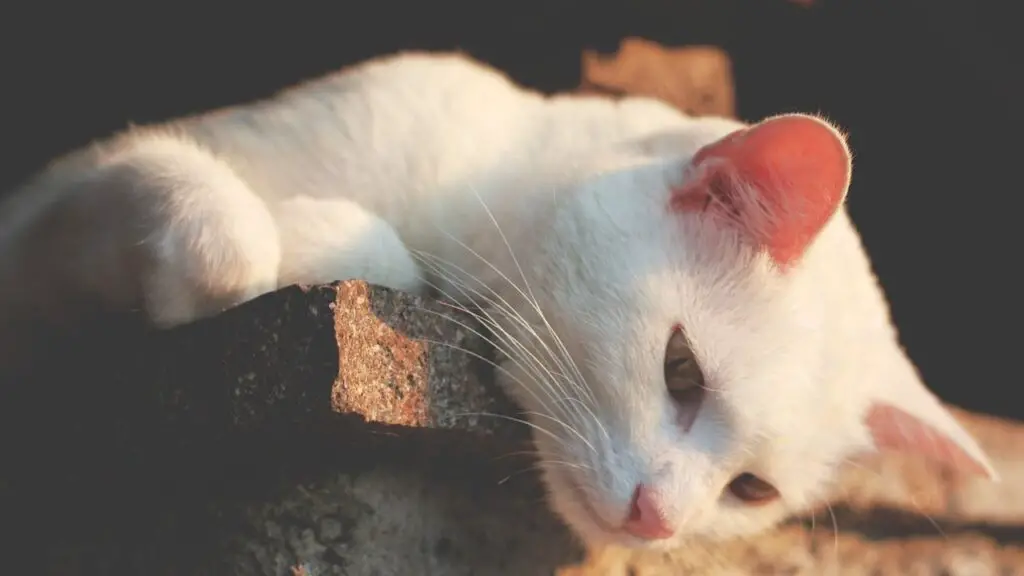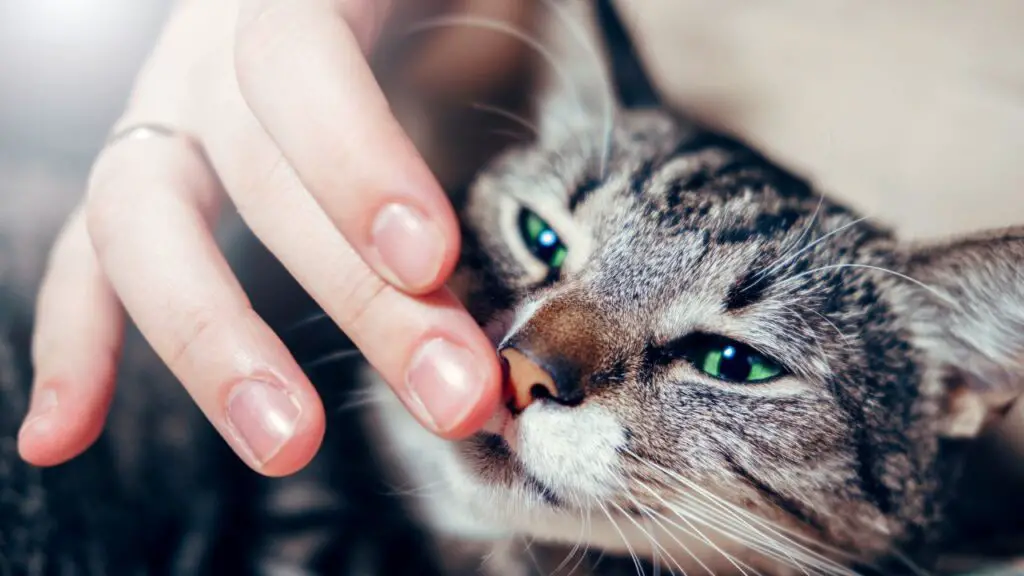Author: Dola Singha
Dola Singha is a cat enthusiast with a lifelong love for feline companions. She is an expert in all aspects of cat care, from nutrition and behavior to training and health.
Temptations are a brand of cat treats. Generally speaking, they are not bad for cats when given in moderation, as they are formulated to be safe and appealing for cats. However, like any treat, they should not make up a significant portion of a cat’s diet. Temptations treats are not a substitute for a balanced, nutritious diet. They are meant to be given occasionally, as a reward or a special indulgence. What are the potential risks associated with cats eating temptations? Cats eating temptations may face some potential risks, such as: Are temptations addictive for cats? Temptations may be addictive…
The answer is yes and no. Dawn soap is typically safe to use on cats, especially those with fleas. It contains surfactants that can break through the wax layer of fleas and drown them. However, Dawn soap is not formulated for cats and can strip their natural oils and cause dryness or irritation. Cats suffering from a skin allergy or having wounds should not be treated with Dawn dish soap. It’s always a better idea to use shampoos specially designed for cats that are gentler on their skin and coat. Dawn soap should only be used as a last resort…
Cats hold no real fondness for marshmallows. As obligate carnivores, their dietary needs center around meat. Marshmallows, crafted from sugar, corn syrup, and gelatin, pose health risks for them. High sugar content in Marshmallows could prompt obesity, diabetes, and other health complications. The marshmallow’s sticky nature could potentially cause choking in cats. A cat may opt to eat a marshmallow for several reasons. Perhaps they find the unknown food intriguing or the marshmallow’s aroma draws them in. In certain cases, sheer hunger might compel them to consume any available food. If you spot your cat consuming a marshmallow, it’s crucial…
Have you ever wondered why cats hide their kittens from humans and other animals? If you are a cat owner or lover, you may have noticed this behavior and wondered what it means. Cats are known for their maternal instincts and protective nature, but why do they feel the need to hide their babies? Cats hide their kittens for various reasons, but mainly to protect them from potential threats and to provide them with a comfortable and quiet environment. Safety Cats hide their kittens primarily to safeguard them from predators. Newborn kittens are unable to see or hear, making them…
White cats can be either male or female, but they are more likely to be female if they have a parti-color coat, such as blue-cream, tortie, or calico. The coat color genes are positioned on the X chromosome, with females possessing two X chromosomes and males having only one. Depending on the genes passed on by their parents, cats of various coat colors can be either male or female. To be a white cat, one of its parents must also be white, and it may also harbor a concealed masked color beneath its white coat. Are male white cats more…
No, Mother cats lose the memory of their kittens upon separation. They rely on scent and vocalization to recognize and communicate with their young during their time together. However, once they are apart, typically after 10 to 12 weeks, mother cats forget their offspring. This is due to cats relying on scent to identify one another, and as kittens grow and experience different environments, their scent changes. Unlike humans, cats do not form strong familial attachments and generally prefer solitary living. Are cats able to remember specific details about their kittens, such as their scent or appearance? Cats remember specific…
Yes, cats do tend to heal faster than humans. There are a few reasons for this. Cats have elevated levels of specific growth factors in their bloodstream, aiding the promotion of healing. These growth factors, protein in nature, stimulate cell division and facilitate the repair of damaged tissue. Moreover, cats have a thicker skin layer compared to humans, enhancing their protection against infections. This thicker skin layer is accompanied by an increased presence of blood vessels, facilitating the delivery of nutrients and oxygen to the wounded area. Furthermore, cats exhibit a higher metabolic rate than humans, resulting in the continuous…
Yes, a recent study reveals that cats show a strong preference for female owners and form social bonds with them beyond mere food provision. The findings, published in the journal Behavioral Processes, are based on observations of 41 cats and their owners over multiple time periods. The researchers carefully analyzed the behaviors of both cats and owners, as well as their respective personalities. The study found a significant mutual influence between cats and their owners. Particularly, extroverted women with young and active cats experienced a notable fondness between them. These cats displayed their desire for friendly contact through subtle cues,…
Cats have more than 30 ear muscles that exhibit remarkable sensitivity to touch. When you touch their ears, they may twitch them automatically as a reflex to dispel the sensitive feeling. It does not mean that they are in pain or annoyed unless they show other signs of discomfort such as scratching or shaking their head. Cats also twitch their ears when they are sleeping or listening to their surroundings. Do all cats react the same way when their ears are touched? No, not all cats react the same way when their ears are touched. Some cats may enjoy it…
Yes, Cats use their senses to distinguish between male and female humans. Their sense of smell allows them to detect different hormone levels, while their sight helps them identify body shape, head size, and facial features. When it comes to hearing, cats can distinguish pitch, tone, and rhythm in human speech. Moreover, cats can recognize individual humans by associating them with specific physical cues. Even if they encounter unfamiliar humans, cats can often discern between male and female individuals. Can cats distinguish between male and female voices? Yes, cats can distinguish between male and female voices. They do this by…






